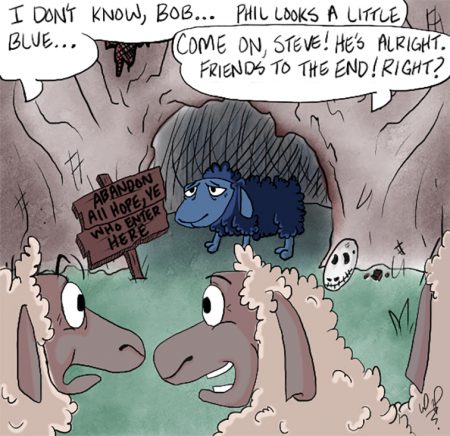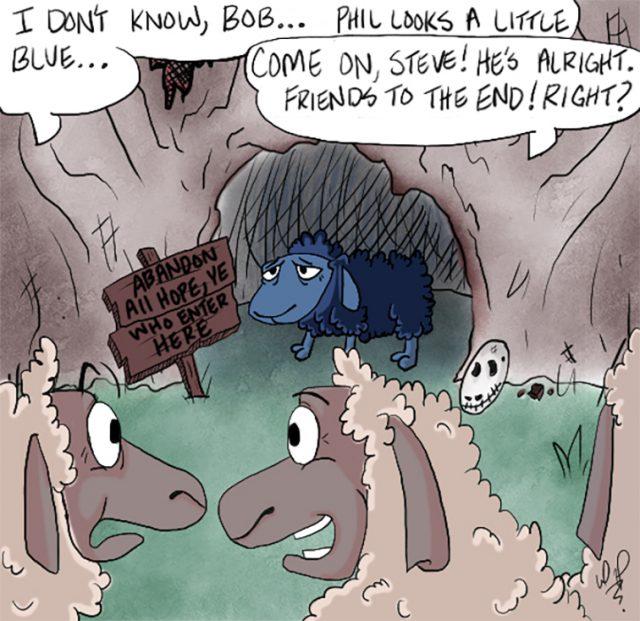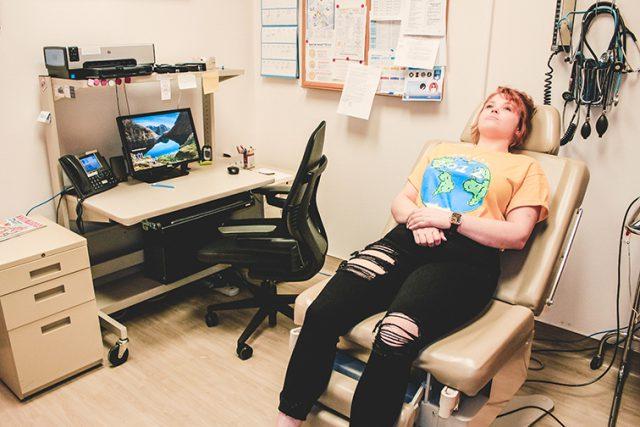| January 29, 2020 | Editorial |
|---|

Self-care has become mainstream in recent years as younger generations are taught to be more aware of their mental health. People cut out a variety of things from their daily routines to better themselves. However, the act of removing an entire person out of your life because they are putting a strain on your mental health is often seen as being a bad friend.
Your surroundings often play an integral role in the quality of your life overall. For example, when you sit in a messy room and attempt to work on a task, your productivity won’t be as efficient as it could be if you sat in a neatly organized office. The same rule can apply to people.
When you surround yourself with people who are capable of maintaining healthy relationships with you, you tend to see a positive effect on your mood. When you surround yourself with people who are negative all the time, that negativity begins to reflect in your own emotions.
Some might wonder, “Why would you become friends with someone who is so pessimistic in the first place?” It’s not enough to just say that people can change in the course of a friendship. Sometimes, people go through really hard situations in life, which can cause them to have a shift in personality. This doesn’t mean, however, that you are obliged to be collateral damage in someone’s emotional downfall.
People who oppose leaving harmful friendships will argue that they would want someone to be there for them if the tables were turned and they were going through a hard time, but someone that cares about their friend wouldn’t put them through the emotional strain of dealing with their emotional distress.
This isn’t to say that you should immediately abandon your friends the first second they aren’t visibly happy. You should always try to be there for your friends when they need a shoulder to cry on, but setting boundaries is an essential part of any healthy relationship. One of these boundaries should include not allowing anyone to drag you down with them, no matter how important you think they are. You should always love and worry about yourself first.
Students have to deal with their own personal obstacles daily on top of any academic worries they may have. Having the extra stress of caring for another human being is not ideal for anyone, much less a college student with an entire life of their own to balance.
Sometimes the problem lies within someone’s family, making it all the more difficult to remove that person from your life. People feel that family bonds are unbreakable, but you shouldn’t compromise your own health to live by this mentality.
With the rise of conversations about mental health on the internet, people are becoming more entitled to share their personal issues with anyone that will listen. This can be harmful to those on the receiving end of the conversation, since the person who is ranting doesn’t understand that who they are speaking to might not be in the right headspace to receive that information.
Part of the stigma that makes people believe that leaving someone because they are a pessimist makes you a bad friend is due to the “ride or die” mentality that social media praises. While one half of the internet will tell you that you need to leave toxic people behind, the other half will preach about being a loyal friend.
While there might not be a direct correlation between social media stereotypes and their effect on the quality of friendships, it’s worth noting that the internet plays a crucial role in a majority of people’s lives, leaving anyone susceptible to harmful ideologies, some of which can convince someone to remain in toxic relationships.
Being a good friend is subjective and depends on the quality and importance that friendship has on your life. People might think that being a good friend entails being there for someone through any situation, and while that might be true sometimes, friends aren’t therapists, and getting professional help is essential if someone is in a bad mental state.











































